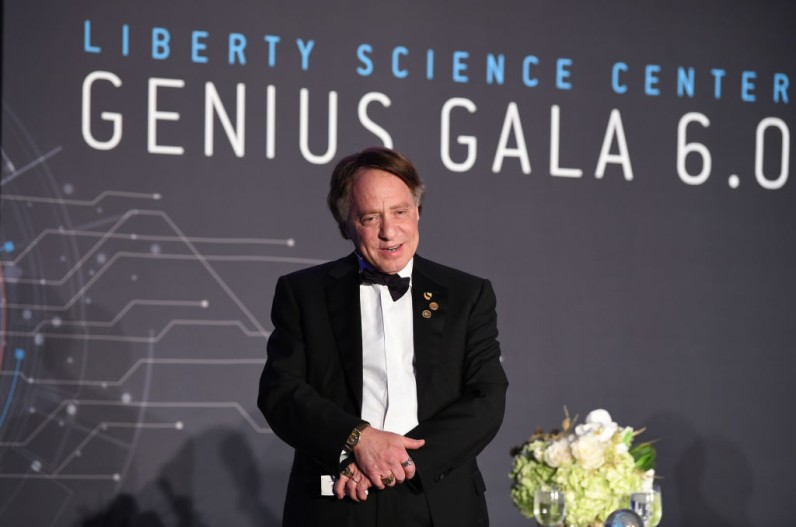
Computer scientist, futurist, and artificial intelligence advocate Ray Kurzweil is optimistic that he would become one with "the Singularity" by the time of his eventual death.
The 76-year-old told the New York Times that humanity was just 20 years away from the hypothetical event when people would merge with AI and augment themselves with millions of times more computational power than their biological brains currently provide.
It is understood that the Singularity is equally anticipated by its proponents and supporters and feared by those who think that the technological growth it entails would become uncontrollable and irreversible, resulting in the perceived extinction of human civilization.
Kurzweil's Prediction in 2005 Bestseller Imminent
Kurzweil was first known for predicting a perceived general AI takeover or integration when he wrote his 2005 bestseller "The Singularity Is Near."
In the book, he projected that the Singularity would happen in 2045, with the major leap being how human consciousness would merge with a machine.
On the other hand, Blockonomi reported that Kurzweil predicted for AI to equal human levels by 2029.
With the exponential growth of generative AI and the industry it was standing on, especially with the prominent industry leadership of OpenAI's ChatGPT, he believed that it was time for him to restate his claim by publishing a sequel titled "The Singularity Is Nearer" last week.
Kurzweil said that he was looking forward to experiencing Singularity, merging with AI, and, as a result, live indefinitely even if he would biologically die.
Skepticism on 'Singularity'
However, not all tech analysts are sympathetic with Kurzweil's predictions.
The Times further reported that skeptics warned that AI predictions like those of Kurzweil might be refuted as the industry has been struggling to perform due to the limits of the raw materials needed to build AI, such as electricity, digital data, mathematical algorithms, and computing capacity.
Such predictions could also come up as myopic and entitled as the world has more pressing problems, skeptics added.
University of California Los Angeles (UCLA) researcher Shazeda Ahmed explained that those saying AI would solve every problem were "not actually looking" at what the causes of those problems are.







Join the Conversation